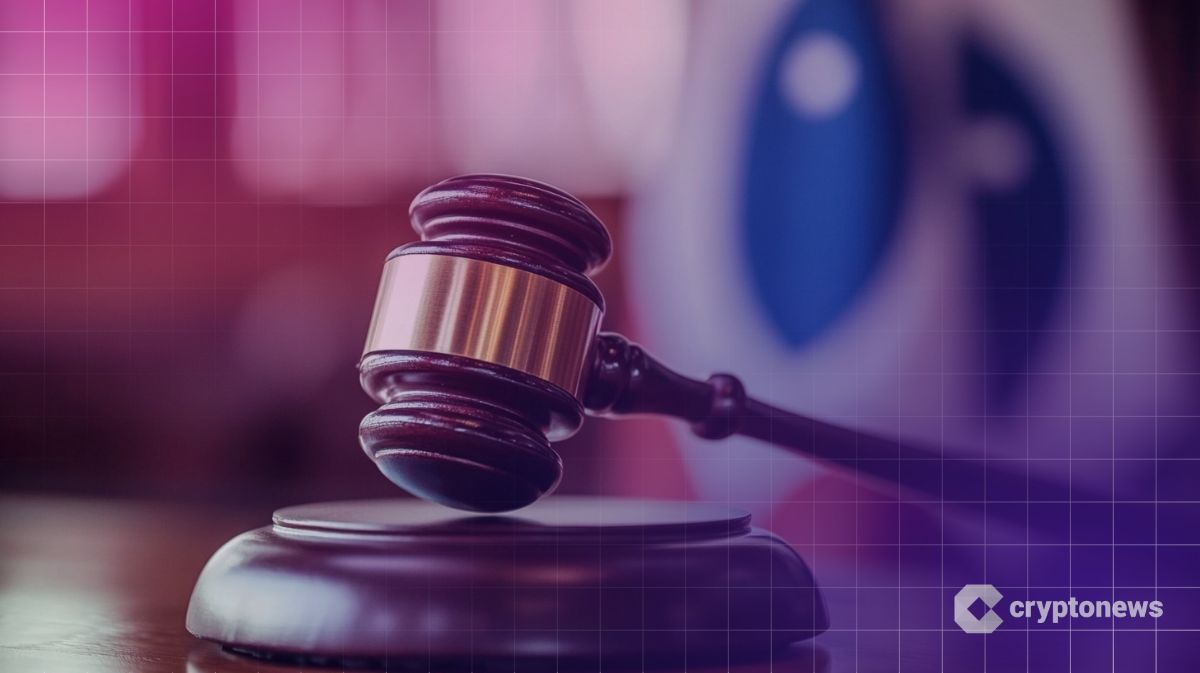South Korea’s Top Bankers Urge Lawmakers to Ease Crypto Exchange Partnership Rules
The request was made during a meeting on Wednesday with members of the ruling People Power Party.

Top banking institutions in South Korea have called on lawmakers to relax regulations that restrict partnerships between banks and crypto exchanges.
The request was made during a meeting on Wednesday with members of the ruling People Power Party, according to a report from local outlet Money Today .
Executives from the country’s five major commercial banks—KB Kookmin, Shinhan, Hana, Woori, and NH Nonghyup—alongside representatives from Jeonbuk Bank and Toss Bank, participated in the discussions.
Woori Bank Chief Calls for Multi-Bank Partnerships with Crypto Exchanges
Woori Bank President Jung Jin-wan specifically urged policymakers to allow crypto exchanges to partner with multiple banks, arguing that the current one-to-one model presents risks to financial stability.
Under current South Korean law, crypto exchanges must establish formal partnerships with banks to offer fiat-to-crypto services.
This is part of the country’s anti-money laundering framework, requiring users to register real-name bank accounts for deposits and withdrawals.
However, the exclusive nature of these partnerships has led to disproportionate benefits for some banks.
For example, digital bank K-Bank saw explosive growth after forming a partnership with leading exchange Upbit in 2020.
According to Maeil Business News , its user base surged from 2.19 million to 6.6 million within a year and stood at 12.7 million by the end of 2024.
Jung emphasized that expanding the regulatory framework to allow one exchange to work with multiple banks would enhance consumer choice and better serve institutional clients.
This appeal comes as South Korean banks and crypto platforms prepare for an influx of institutional investors.
Regulators have begun easing restrictions, and exchanges like Upbit and Korbit are already seeing increased interest from corporations looking to open crypto accounts or manage digital assets, local media reports indicate .
South Korea Considers Allowing Foreign Crypto Investment
Last week, South Korea’s top financial regulator indicated a potential policy shift that could allow foreign investors to access the domestic cryptocurrency market, provided that local exchanges meet strict anti-money laundering (AML) requirements.
Speaking at a seminar hosted at the National Assembly on Wednesday, Kim Sung-jin, head of the virtual asset division at the Financial Services Commission (FSC), said he “agrees with” the idea of opening the market to foreign investors.
Currently, foreign investors are barred from trading on South Korean crypto exchanges due to stringent know-your-customer (KYC) regulations.
Despite regulatory efforts, challenges persist.
Earlier this year, the Financial Intelligence Unit imposed a fine on Upbit, the country’s largest exchange, for allegedly processing transactions with unregistered foreign platforms.
The penalty has since been put on hold following a court injunction.
More recently, South Korean prosecutors launched a formal investigation into Bithumb , one of the country’s largest cryptocurrency exchanges, over allegations that company funds were misused to facilitate an apartment purchase for its former CEO.
The Seoul Southern District Prosecutors’ Office also executed a search and seizure operation at Bithumb’s headquarters in Yeoksam-dong.
South Korea remains a major player in the global crypto space, with March data showing that Upbit alone handled over $85 billion in trading volume.
Disclaimer: The content of this article solely reflects the author's opinion and does not represent the platform in any capacity. This article is not intended to serve as a reference for making investment decisions.
You may also like
[Initial Listing] Bitget Will List DePHY (PHY). Come and grab a share of 6,600,000 PHY
New spot margin trading pair — ES/USDT!
Bitget Trading Club Championship (Phase 1) – Make spot trades daily to share 50,000 BGB
SLPUSDT now launched for futures trading and trading bots
